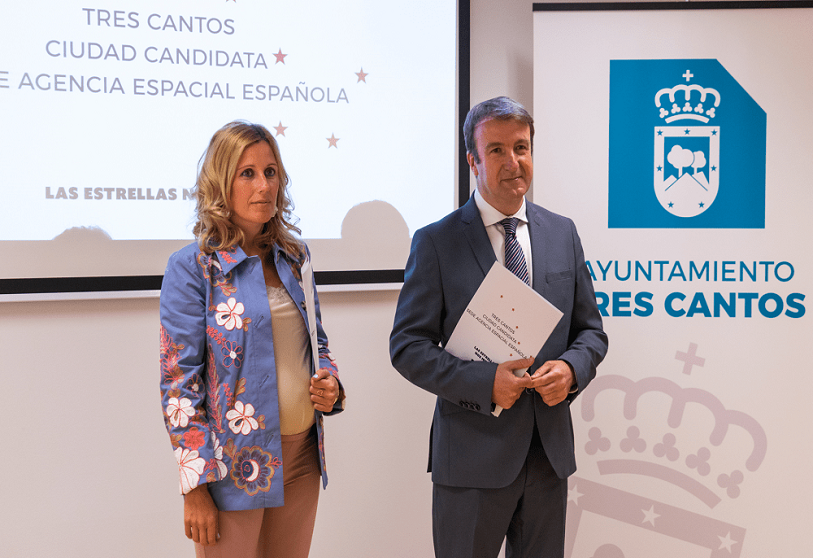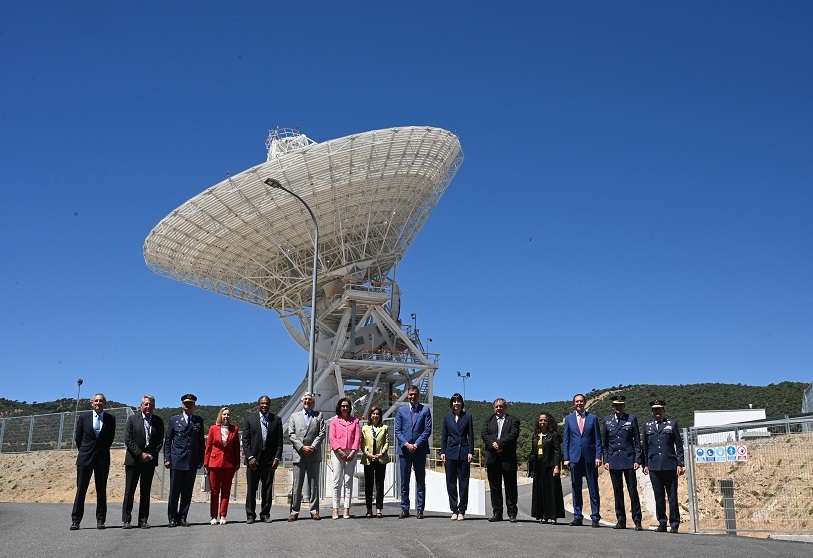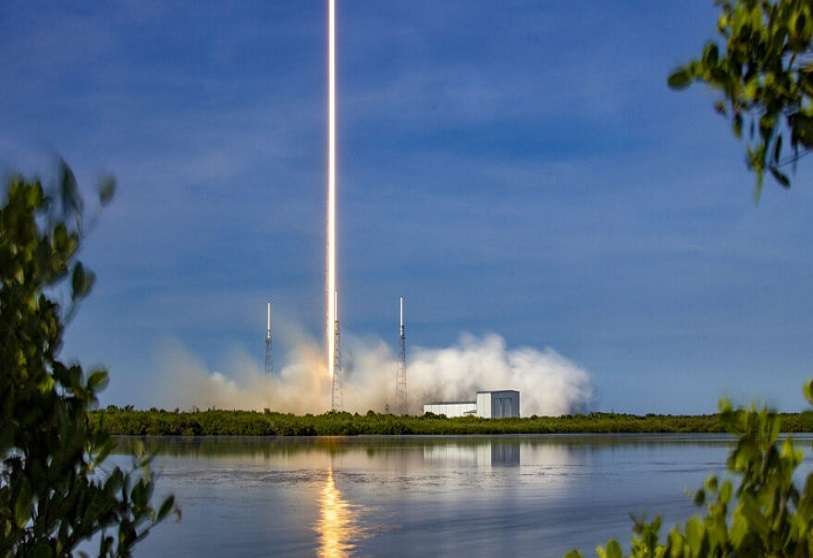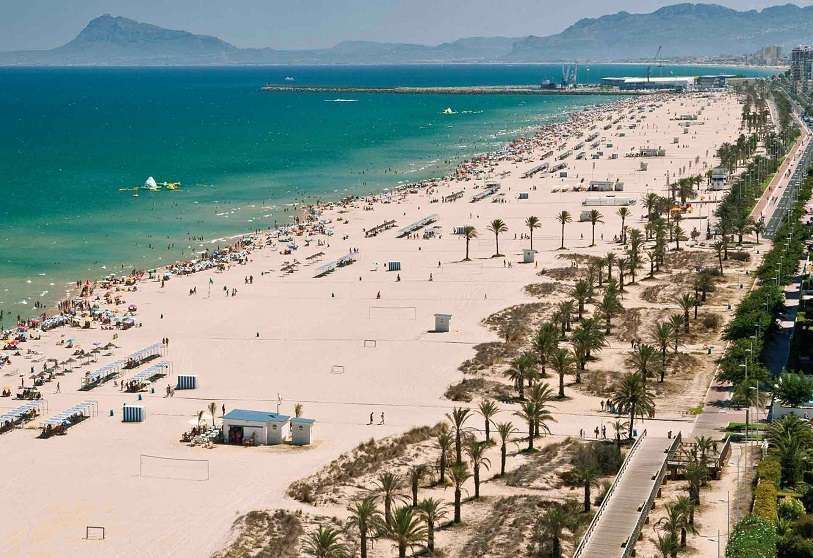The Spanish Space Agency and the art of creating problems where there aren't any

The president of the government, Pedro Sánchez, has anticipated that the Council of Ministers on 14 June "will approve the creation of the Space Council".
In a speech delivered on 9 June under one of the large parabolic antennas of the NASA space tracking complex in Robledo de Chavela (Madrid), he said that it will be made up of "a high-level inter-ministerial group", with the task of "speeding up the work so that the Spanish Space Agency is operational at the beginning of 2023".
In his rhetoric last week before a large number of executives from the national aerospace community, Sanchez was keen to stress that such an Agency will contribute to strengthening "social and territorial cohesion, in accordance with the process of deconcentration of new State Administration bodies". Along these lines, last March the government published Royal Decree 209/2022 establishing a Consultative Commission and the procedure for choosing the seats of the new institutional public sector entities.

Both the initiative to create the Space Council and to strengthen territorial cohesion are welcome. The former because the new Space Law that envisages the establishment of the Agency has been bogged down for more than five months in the Science, Innovation and Universities Committee of the Congress of Deputies. As a result, it has not yet been voted on in plenary and there are only a few weeks left before the deputies begin their summer holidays. Either the Space Council encourages Members to wake up or there will be no time to include the Agency in next year's budget.
Decentralising new state agencies makes sense, but on a case-by-case basis and as and how. The global importance of space issues is growing exponentially and requires many face-to-face conversations, meetings and negotiations between high-level national and international bodies. Teleconferencing is the order of the day, but face-to-face meetings solve issues that distance does not. Moreover, being close to power is important.

The fact is that the government's insistence on excluding Madrid from becoming the headquarters of the future Space Agency distracts from and vitiates everything important surrounding its creation. The government's obstinacy means that those who should have all five senses in shaping the structure and competencies of the new agency are contaminated by the subterranean squabbles over where its headquarters will be located.
At least six locations have already officially applied - or are in the process of doing so - to host the headquarters of the Space Agency: León, Seville, Puertollano, Teruel, Tres Cantos and Robledo de Chavela. In the Canary Islands, Las Palmas is in the process of studying it. Each town has powerful reasons to demand the arrival of the new organisation and, in practically all cases, each of them has the support of ministers, their respective community presidents and anyone who prides themselves on being someone in their own land.
As far as is known, Catalonia is not a candidate. Perhaps because it already has its own Space Agency based in Barcelona, where there does not seem to be a process of deconcentration. However, given the current distribution of political forces in Spain and the experience accumulated in similar cases of dispute, the final decision could degenerate into a marketing and confrontation between Communities that benefits no one and harms everyone.

But it turns out that the two main official institutions with the greatest and most direct responsibilities in the national space sector are in and around Madrid. This means that an important part of the professionals who work in them and who will nurture the new Agency reside in Madrid and its surroundings. They will not be many, because the new Agency will have a small staff - a hundred or so people or even fewer - but they have a great deal of knowledge and experience and must be counted on.
These bodies are the Instituto Nacional de Técnica Aeroespacial, whose central campus is located in Torrejón de Ardoz, near the capital. The other is the Centro para el Desarrollo Tecnológico Industrial (CDTI), whose headquarters are on Calle Cid, halfway between Plaza de la Cibeles and Plaza de Colon, in the centre of Madrid. In both organisations there are experienced technicians who have spent decades dedicated to technology and the management of space matters. Are they going to leave their places of residence to move far from their family homes? Moreover, the Spanish space industry is highly concentrated in Madrid and its surroundings.

President Pedro Sanchez reiterates that the Space Agency will be located "outside the capital of Spain, according to the selection criteria that will be established". "We want to share and deconcentrate the State and create opportunities for territorial cohesion". Zapatero has already inaugurated this procedure, and where did he take the headquarters of the National Institute of Communication Technologies, then Cybersecurity (INCIBE) in 2006? Well, to León, the city where he grew up, in whose university he graduated in law, where he was a professor, and for whose province he won his first seat as a member of parliament.
To solve the problem of positioning an organisation with a pompous name outside the capital of Spain, which combines the grandiloquent words "Agency" and "Space", I can think of several simple solutions. The first is to locate it wherever the President of the Executive says. To make it less blatant, Pedro Sanchez could claim that a magic sparrow, which landed on one of his shoulders while he was strolling through the gardens of the Moncloa Palace, had passed it on to him. Then, it would be convenient to cover the mouths of the presidents of the losing regions with some improvement in the allocations of the General State Budget for 2023. And problem solved.
The second is to play "pinto, pinto gorgorito", until the decision is the one that most benefits the future interests of the tenant of the Moncloa. Another alternative is to say "well, none of the candidates presented! And choose Gandia, a major tourist resort in Valencia, as the site for the Agency. There is a reason why the Minister of Science, Diana Morant, is a native of the ducal city. And with a horchata and some fartons, the invented problem is solved.

What happens in countries with veteran space agencies? The headquarters of the French Space Agency (CNES) is and remains in the centre of Paris. It is in Place Maurice Quentin, a short distance from the Elysée Palace, the seat of the Presidency of the Republic. Turkey's is in Ankara, Romania's in Bucharest, Norway's in Oslo. Italy's has had a large new building since December 2013 on the Tor Vergata campus of the University of Rome, one of the expanding areas of the capital.
The US National Aeronautics and Space Administration, NASA, is in Washington, not far from the Capitol and the White House. Russia's Federal Space Agency is in Moscow, China's in Beijing, Japan's in Tokyo. That of Venezuela, a government to which President Sánchez professes great fervour, is in Caracas, in the Simón Rodríguez Technological Complex located inside an air base near the capital.

There are exceptions, of course, but they are anecdotal. What about an agreement with Nepal, for its capital, Kathmandu, to host the Spanish Space Agency? At least it would be close to the clouds. Everything depends on convincing the foreign minister, José Manuel Albares.



